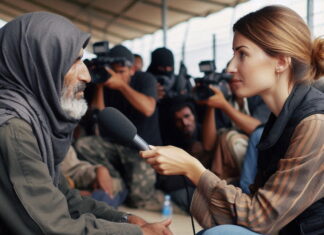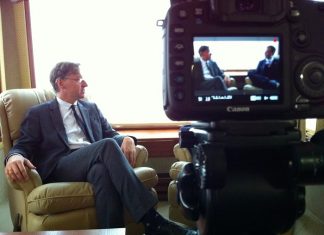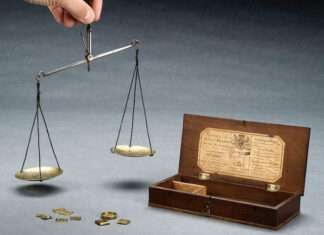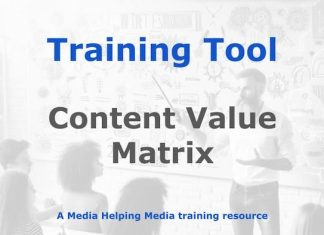Advanced
Our advanced section explores specialised topics for experienced journalists seeking to deepen their expertise. Develop your skills in data journalism, multimedia storytelling, investigative techniques, and complex narrative structures that elevate reporting to the next level. All our material is free to download, adapt and use. Scroll down our site map for all the content in this and other sections.
Causes of climate change
Journalists must avoid providing false equivalence and false balance when covering news stories – particularly climate change.
Using AI for story development
How artificial intelligence (AI) can help a journalist brainstorm a story in order to discover multiple news angles
Avoiding bias during election coverage
During elections politicians will often accuse media organisations and their journalists of bias. We look at the challenges of producing fair election coverage.
Media safety during elections
Journalists covering elections should never carry a weapon, should have first aid training, dress appropriately, listen to the locals and avoid confrontation.
Journalists and politicians
Journalism is often referred to as “the fourth estate”, and is seen as being crucial to the functioning of a healthy and fair society.
False equivalence and false balance
Journalists can sometimes present an inaccurate or false version of events by trying too hard to 'balance' a story or incorrectly treating elements of a story as being roughly equal.
Specialisms in journalism
Specialist reporting means going beyond general news coverage in order to develop deep expertise, insight and trust in a particular subject area.
Tool: The Content Value Matrix
In this article we look at the 'content value matrix, a tool designed to help media managers prioritise effort and resources on the stories that really matter to the target audience.
You might also like
A proven way to finance independent media
The Media Development Investment Fund (MDIF) offers a distinctive route to media sustainability, combining mission-driven financing with deep strategic support to strengthen independent journalism worldwide.
Translation in journalism
If you are a journalist working in a multilingual society, you may have to work in more than one language.
Workshop: Developing important news angles
Finding fresh angles on developing news is vital. Journalists must explain how events impact their audience's lives, ensuring stories remain relevant and insightful.







